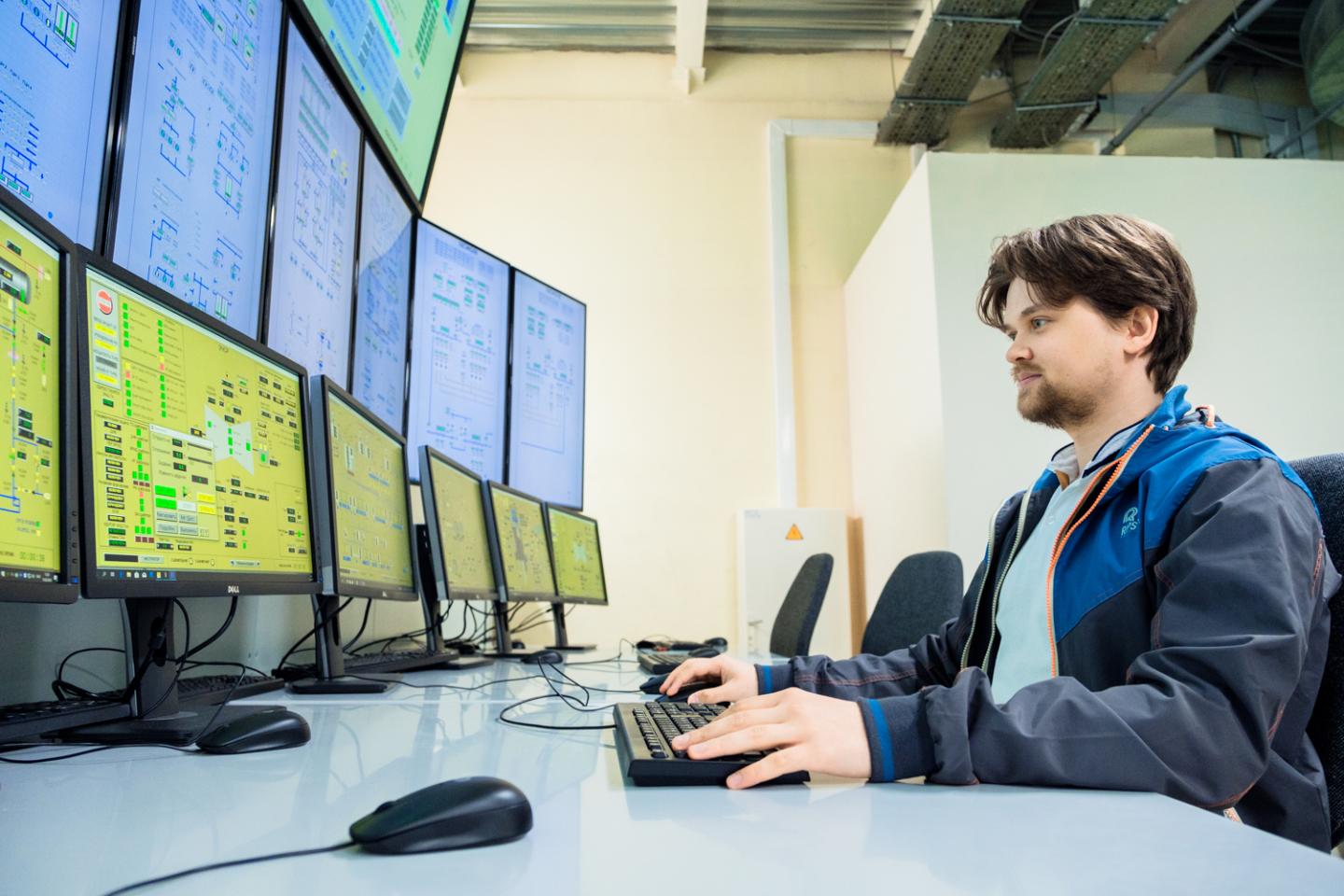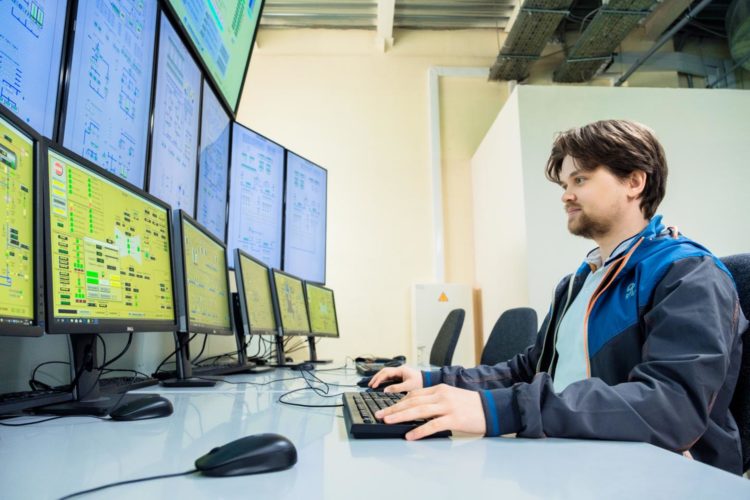
Credit: Anastasia Barei / Country of Rosatom
Challenges and perspectives for Russia’s nuclear industry on its way to assuming a key role in the fight against the climate crisis on a global level, while also ensuring future growth and building on 65 years of prodigious legacy, dating back to the launch of the world’s first nuclear power plant in Obninsk in 1954, are brought together in a paper recently published in the open-access journal Nuclear Energy and Technology.
The authors are three prominent nuclear physicists and key figures at Russia’s National Research Nuclear University MEPhI: Prof. Mikhail N. Strikhanov (Rector of MEPhI), Dr. Alexandr V. Putilov (Dean of the Faculty of Business Informatics and Integrated Systems Management), and Dr. Georgy V. Tikhomirov (Deputy Director of the Institute of Nuclear Physics and Engineering MEPhI). MEPhI is also the basic university of the Rosatom State Atomic Energy Corporation (ROSATOM) and alone provides education to 25,000 students from over fifty countries.
In their article, the team pays special attention to the urgent need for a new “educational paradigm” to secure the smooth transfer of Russia’s nuclear industry and knowledge to a global digital economy where industries blend together in new and even unexpected alliances with the ultimate promise of joining knowledge and skills for the common good of humanity. The approach is described as “front-line education” that encompasses training personnel for the specificity of the novel digital economy along the entire “front”: from youth yet to enter university to production personnel.
To do so, the Consortium, supported by 18 specialised universities and led by ROSATOM, is to not only provide first-class educational formats, material and technical resources in addition to the high professionalism of the teaching staff to on-site domestic students, but also export nuclear education on a large scale, in order to pave the way for a subsequent international technological expansion by preparing “personnel of a new type, using a kind of symbiosis of engineering, information and economic training”. According to the scientists behind the paper, students should persist throughout their whole education in their mission “to master new opportunities arising from end-to-end digital technologies, search for and create new technological solutions or production schemes, and develop fundamentally new product lines and business models for implementing new manufacturing technologies.”
An excellent exemplary training format of the new age is the Multy-D system: a 3D digital model of the future nuclear power plants and additional dimensions in the format of terms, resources, etc. Developed over the last few years by MEPhI and Atomstroyexport, it allows for foreign specialists to acquire Russian-born competence. However, latest technological advances, including the transition to a closed nuclear fuel cycle with fast neutron reactors, requires changes in modelling systems.
All of these efforts and transitions are of top priority, given the urgent global need for affordable, environmentally friendly electricity on the background of depleting fossil resources and worrying levels of greenhouse gas emissions, point out the scientists. Meanwhile, the nuclear power industry has claimed its own ecological niche by providing the necessary amount of energy without leaving behind any carbon footprint.
“The improvement of existing and the development of new innovative technologies is a prerequisite for the development of a nuclear energy system that meets the principles of safety and sustainable development,” conclude the authors. “All solutions to these problems are in the hands of the young people who are being trained throughout the country.”
###
Today, the Rosatom State Nuclear Energy Corporation is developing more than 30 projects of new nuclear power plants (NPP) in Russia and 12 other countries.
Original source:
Putilov AV, Strikhanov MN, Tikhomirov GV (2019) Personnel training for the developing nuclear power industry. Nuclear Energy and Technology 5(3): 201-206. https:/
Media Contact
Georgy V. Tikhomirov
[email protected]
Related Journal Article
http://dx.





